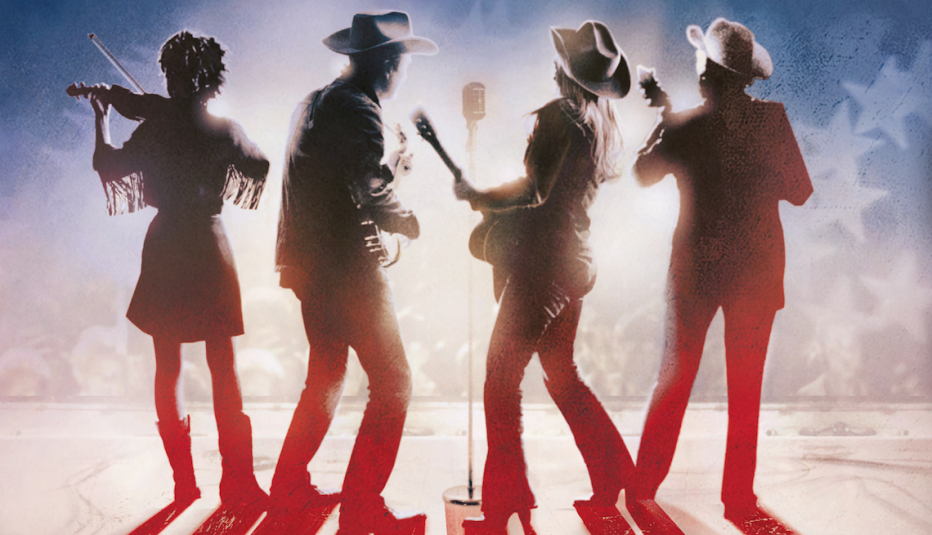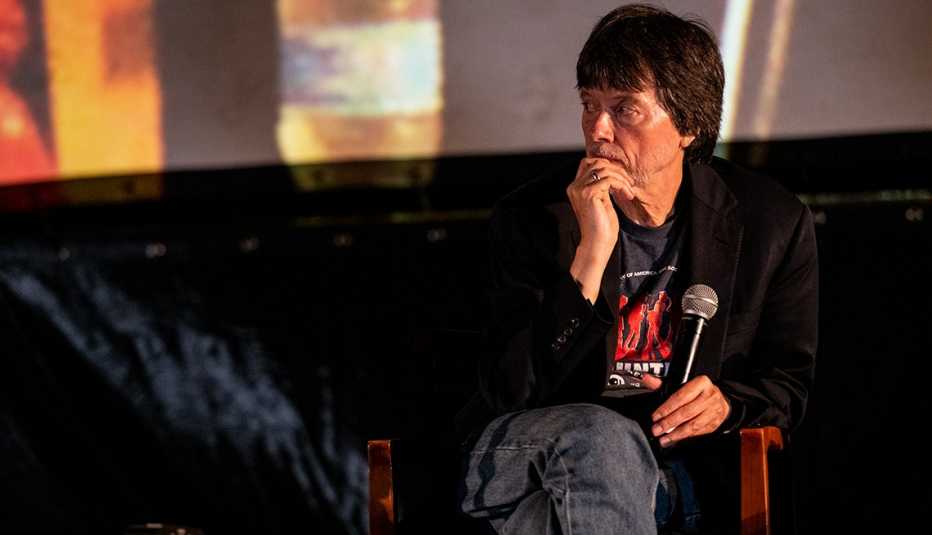AARP Hearing Center


Ken Burns is back with another deep dive into a slice of American cultural history. This time it's Country Music; his eight-part, 16-hour film premieres on PBS on Sunday, Sept. 15. It's a rollicking homage to the music's ever-evolving incarnations and outsized personalities — from Bill Monroe, Hank Williams and Jimmie Rodgers to Johnny Cash, Loretta Lynn and Merle Haggard, including interviews with nearly every living legend in the business.
For decades Burns, 66, has tackled issues he considers central to the American identity, including baseball, the Vietnam War, the Roosevelts and national parks. He says he chose to focus on country music for the same reason he once documented jazz: “It's a wonderful way to understand our complicated 20th century.”
And the more he learned, he adds, the more he fell in love with the music that songwriter Harlan Howard described as “three chords and the truth.”
We talked to him more about his latest favorite subject.
What do you love about country music?
It doesn't have the elegance and sophistication of say classical music or some forms of jazz, but, as Harlan Howard said, what it does have is the truth: really elemental, basic human experiences that everybody, including the classical music connoisseur and snob, also experiences, and that's the joy of birth, the sadness of death, falling in love, trying to stay in love, missing someone, feeling lonely, seeking redemption. When you get to know Jimmie Rodgers, Hank Williams, Johnny Cash and Dolly Parton, you begin to see this huge legacy of just unbelievably powerful human stories.
I would hold up the simplest of lyrics — “I'm so Lonesome I Could Cry,” by Hank Williams. I mean, that says it. And by singing it or hearing it you feel just a little bit better. You know you're not alone.


































































More on entertainment
Willie Nelson Reflects on Career Highs and Lows
Country outlaw is out with a new album, tour